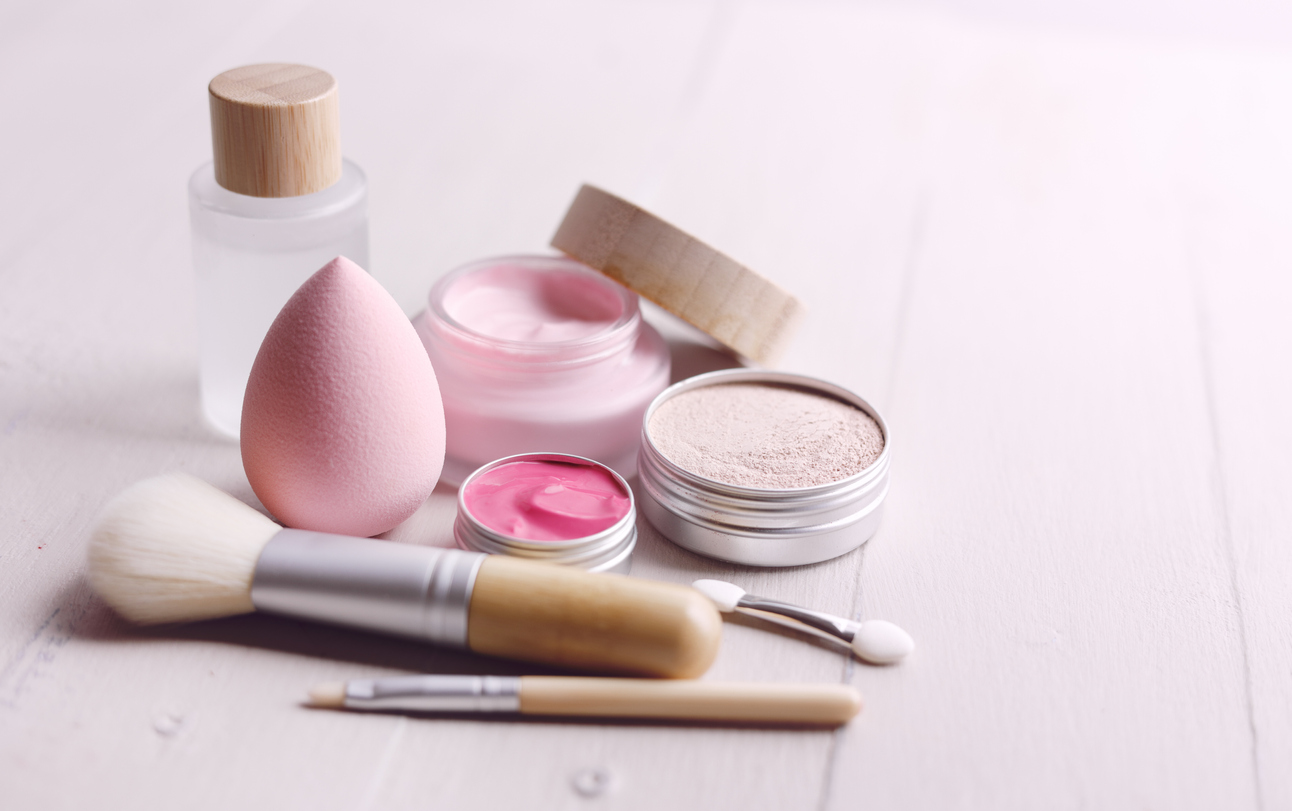Medications and medical devices are not the only products that go through clinical trials. Cosmetic and skincare brands also conduct clinical trials as a way to validate product performance and safety. Cosmetics clinical trials follow the same approach and require similar tools to successfully complete statistically relevant experiments. To improve data management, ensure regulatory compliance, and increase trial efficiency, cosmetic companies may want to consider adopting eClinical software during the execution of their clinical trials.
What are clinical trials and testing in the cosmetic area?
Clinical trials in the cosmetics industry (skincare, haircare, cosmetics, nail care) are experiments or observations performed to test both the safety and efficacy of the product. While proving a product works is not required in the industry, cosmetic companies have to ensure the safety of their products. Should the brand decide to follow through with scientific clinical trials, the results can support the marketing claims for the product including its benefits to the end-customer. Having science-backed claims can drive business growth because it gives credibility and provides insight into the item’s real-world performance to instill consumer’s confidence. Testing reasons can include efficacy testing, dermal safety, cruelty free claims, certifications, and dermatologically tested products. The type of study will be designed based on the characteristics the product claims to improve. For example, cosmetics and skincare that are “dermatologically tested” means that the product was tested by a dermatologist on human volunteers to ensure that it does not lead to severe skin reactions. Other types of testing subjects include cell cultures, human tissues, computer models as well as animal testing, however in the current culture, many are opting for the previously listed alternatives. The results of these trials strengthen the product and overall brand position among other competitors in the cosmetic space and can lead to brand loyalty and repeat customers.
What is needed for trials in cosmetics?
Clinical trials for the cosmetics industry should be designed in a similar way to those in other medical branches such as for medication or medical devices. A randomized controlled trial is the best type of trial to determine efficacy of a product. All trials should be thoughtfully designed and should include proper trial protocol, ethics review, data capture and management, statistical analysis and end with a written report documenting the previously listed elements and study results. Since cosmetic products can range in product lines, a variety of specialists may be a part of the trial team including dermatologists, dentists, medical doctors, or biochemists. Additionally, a special set of tools may be required to measure the efficacy of products. These instruments are designed to test the characteristics consumers expect from their cosmetic products. For example, a cutometer measures viscoelastic properties (elasticity, firmness, tonicity and suppleness) which is an anti-aging measurement. Cosmetic clinical trials also need test subjects. Brand leaders are now moving towards testing less on animals and are using alternatives. With more human clinical trials, informed consent from the individuals involved is a requirement that was not necessary with non-human participants. Human subjects can give detailed feedback and document their outcomes. These factors increase the importance of collecting, tracking, and managing personal data for cosmetic trials. To manage the trial procedure, instrument tracking, patient consent and trial outcomes, data analysis, and reporting, many cosmetics and skincare brands are turning to eClinical softwares.
What is an eClinical software?
eClinical solutions refer to the different technologies, platforms and systems in the clinical trial ecosystem. As part of an eClinical software, a vendor may propose a robust product that integrates valuable tools such as Electronic Data Capture (EDC), Clinical Trial Management System (CTMS), and Electronic Patient Reported Outcomes (ePRO). The EDC allows you to collect data electronically during a clinical study and enables researchers to collect data in real-time using electronic forms, thus improving accuracy and reducing time spent on manual data entry tasks. A CTMS includes study, site and vendor management, a payment management system, product management, safety management and a reporting tool. This all-in-one system allows administrators to follow every aspect of the trial operations in one interface. ePRO tools allow patients to answer questions and report on their experiences through an electronic device, such as a smartphone or tablet. A good eClinical software solution will be able to integrate all these functionalities. The key benefit to such a solution is that data capture, collection, management and reporting can all happen using one platform. This increases collaboration across the organization, increases operational efficiency, and enables faster, higher quality clinical trial execution. This is due to having a unified system of records for study data and collection processes.
By implementing eClinical software, cosmetic companies can efficiently manage research and development projects, ensure compliance, reduce time to market and improve the quality and reliability of information to customers. EvidentIQ’s eClinical software can manage the entire end-to-end clinical study process and provide a global view into tasks in one, connected, platform. The EDC offers centralized organization of the trial data and documents in an integrated format and can empower various stakeholders like marketing, R&D, quality, and regulatory teams, to easily collaborate by bringing together previously disconnected processes, documents and data. The EvidentIQ platform integrates EDC, CTMS, and ePRO all in one interface and offers a tailored solution to meet the needs of the cosmetic industry.
Sources:
https://www.intertek.com/consumer-healthcare-trials/
https://www.citruslabs.com/skincare
https://ozderm.com.au/the-result-of-a-cosmetic-trial-do-i-get-a-certificate-or-something/
https://www.searchinglifescience.com/media/158/the-rise-and-rise-of-eclinical-technologies





























